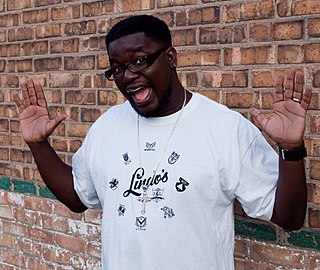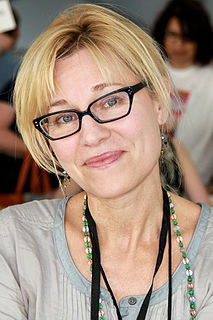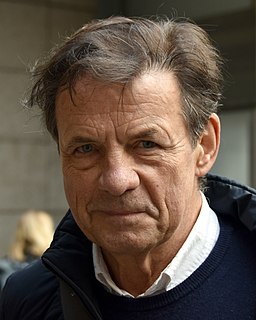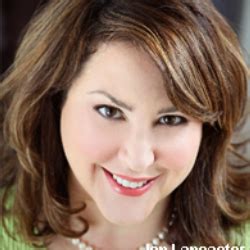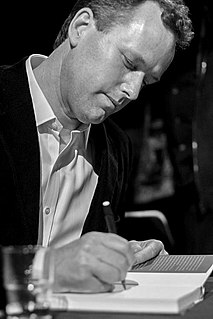A Quote by Chelsea Handler
Every time I enter a country and have to write down my occupation at customs, I'm like, 'I don't know... Author? Host? Writer? Stand-up?' I usually write 'author' - that's the safest bet.
Related Quotes
I don't think anyone sits down and thinks, 'I know, I'll be a chick-lit writer.' You write the book that you want to write and then other people say, 'Oh, that's chick-lit.' You say, 'Okay.' But it's not like you look around and go to a careers fair and there will be someone at the chick-lit author stand.
The author with the greatest influence on me is my friend Stephen Harrigan, who critiques everything I write before I even bother to show it to my agent or editor. He's a truly great writer - author of Gates of the Alamo and other books you might know of, and his instincts about what's working in a story, and what's not, are just about perfect. My books would be very different without his influence.
I majored in journalism at Arizona State University, where I began writing the columns I write now, but I cannot, in good conscience, refer to myself as a writer. I'm a columnist, maybe a journalist, I guess I'm an author, but writer... no. That's not up to me to call myself, that's rather lofty. It's for the reader to decide.
I know exactly what it's like to stand on top of a tall building or in a high place and look down and go, 'Ohhhh my God.' I try to get into that place every time I write a scene like that. And definitely when I write the action scenes, I get overheated and my heart goes really fast. I get very involved.
I always write authors after I read their books. I've been doing it for years. I write a formal letter and send it to them in care of their agent. My mother always taught us to write thank you notes, and if an author puts themselves out there, they like to hear that their book connected with someone.


